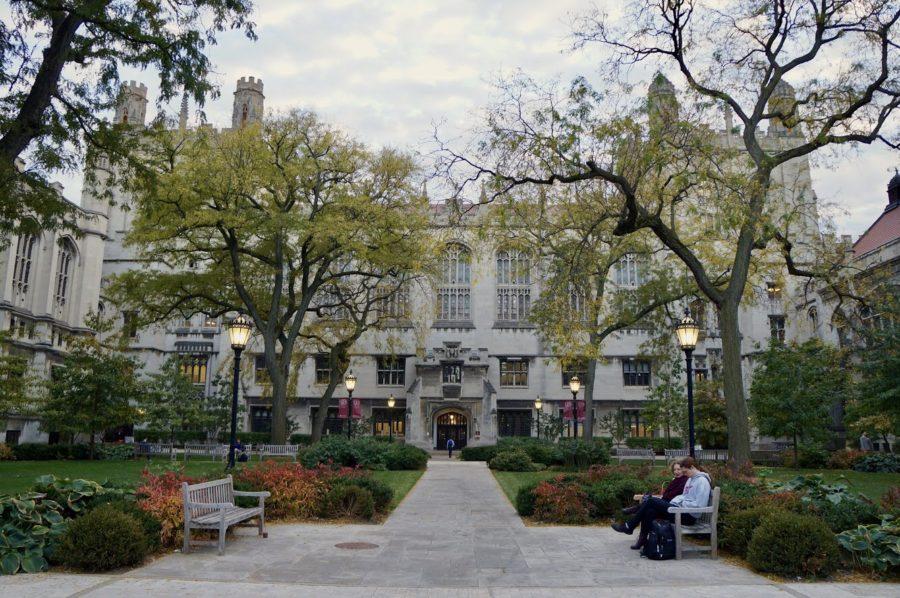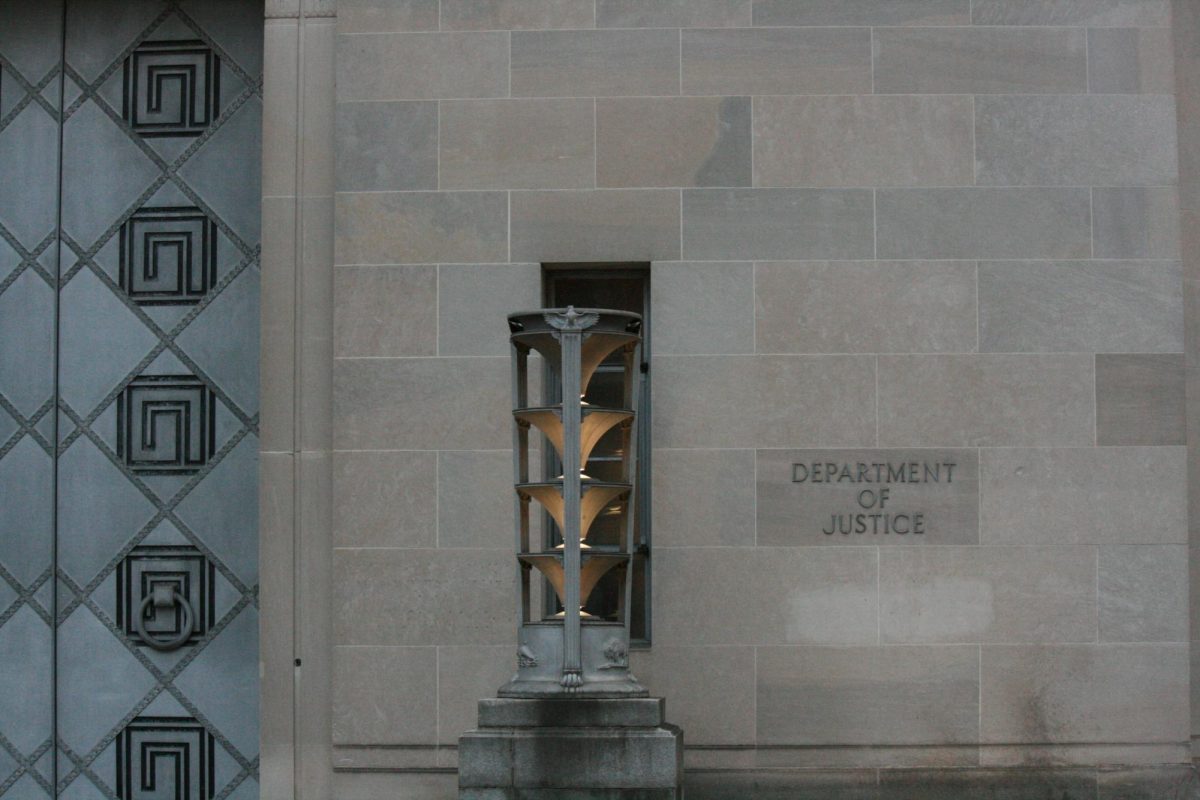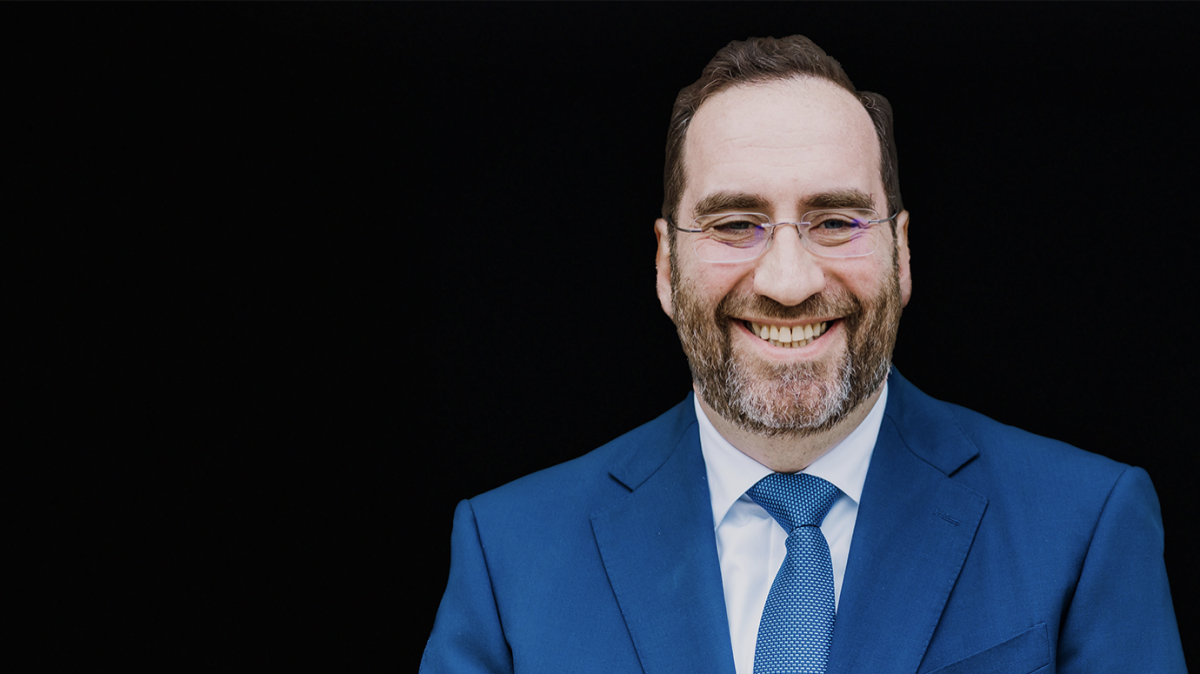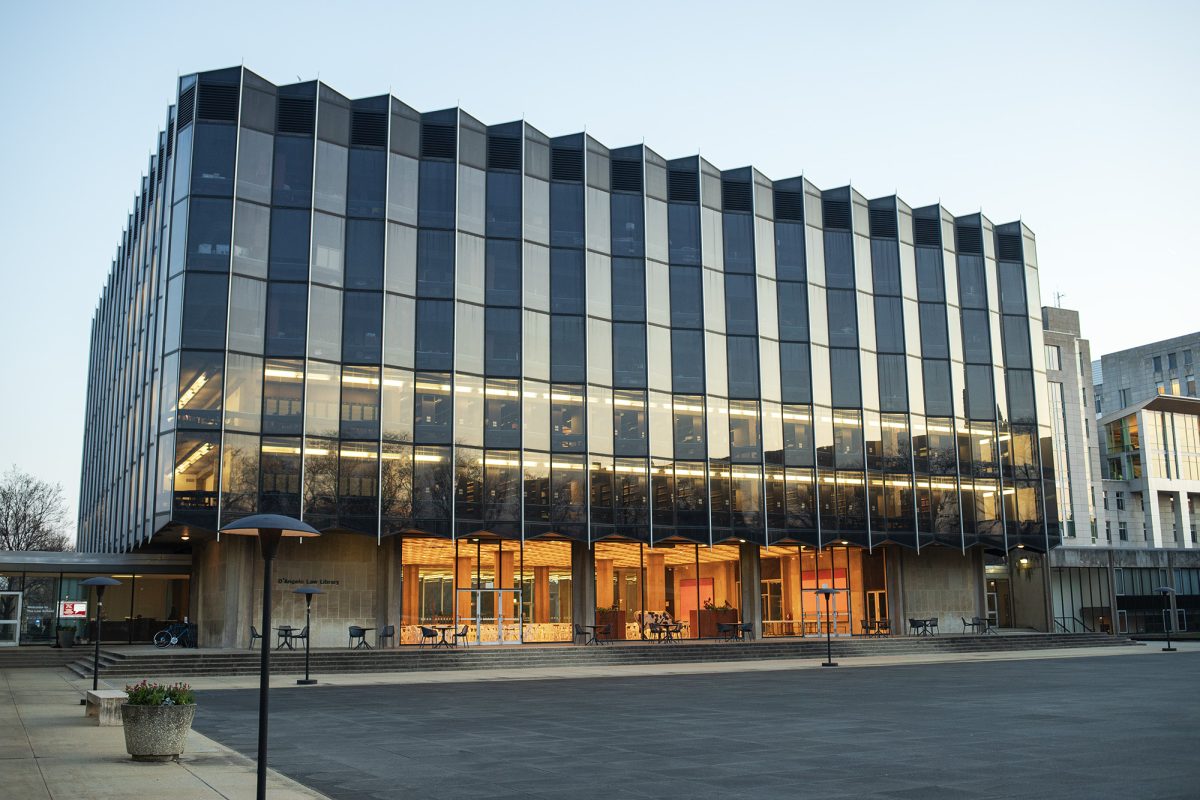Half of University graduate students are not satisfied with teaching training, a new report by the Committee on Graduate Education (CGE) shows. The report also touches on additional concerns regarding academics and student support, and notes a trend of decreasing graduate student satisfaction over the past decade.
The CGE report was released by Daniel Diermeier, provost of the University, through an e-mail to the University community on April 10. Diermeier charged the CGE with “a thorough and comprehensive assessment of the present state of PhD education at the University.”
The 108-page report, which is accompanied by over 400 pages of appendices, includes evaluations and recommendations regarding several issues with the University’s graduate education programs, such as campus climate, academic concerns, administrative issues, and student support.
The report documents a 49 percent increase in the number of doctoral degrees awarded from 2001 to 2016, including degrees in health professions and legal studies. The report associates this increase with growth in the number of fields in which doctorates are awarded and with increases in funding in science and engineering.
The report also highlights the issues that graduate students face both before and after finishing their programs.
“[The] crisis in doctoral education takes the form of multiple linked crises: changing job markets, increasing costs to both universities and students, increasing mental health issues in the student population, and ongoing lack of diversity in the student (and faculty) population,” the report says.
The committee highlights the need for the University to periodically review the Ph.D. programs it offers, as well as the need for divisions to conduct self-assessments with input from both students and faculty members. The report recommends University-run reviews every 10 years and self-assessments every five years, which could include program completion rates, attrition rates, and career outcomes for degree applicants.
CGE student survey findings featured in the report include a trend of decreasing overall student satisfaction over the past 10 years. For both “satisfied” and “dissatisfied” students, the greatest obstacle internal to the University was reported to be the lack of faculty helpfulness, reported by 17 percent of “satisfied” students and 54 percent of “dissatisfied” students. Other internal factors that were one of the top 10 obstacles for both groups alike were “lack of faculty availability and negative department or research group culture.”
The report also acknowledges the importance of student insights for the complex system of graduate education, recommending that students be offered and be remunerated for roles on advisory boards that “pertain to the intellectual, professional, and material lives of graduate students” and “the growth of graduate student representation at the highest levels of University affairs.”
Lack of space is associated with decreased graduate housing and a growing undergraduate population. The report states that “graduate student social life is now more narrowly constrained to institutional and departmental spaces.” To address the lack of communication and inability to connect students to resources and programs, the report proposes the establishment of a graduate student center for individual study, group collaborations, office hours, and socializing.
Campus climate views from graduate students were discussed in the context of the CGE Student Survey and student focus groups, resulting in a recommendation to establish a University-wide grievance mechanism to help graduate students seek recourse beyond individual divisions of the University. The committee also suggests for future surveys and research on campus climate to include more comprehensive analysis of the ways in which campus climate affects specific student populations.
With regard to academic issues, time-to-degree concerns were mentioned, with specific reference to the Humanities and Social Sciences division and the Divinity School, where 24 percent of faculty in the latter reported feeling the time necessary to earn a degree was “much too long” in the CGE Faculty Survey. The report encourages an evaluation for all coursework, exams, and requirements to ensure they are appropriate for inclusion. The committee “uncovered an acute and widespread need for improved advising,” reporting that students often complain about the lack of clarity regarding program expectations. The report recommends access to accurate information about requirements, expectations, and resources for students.
The CGE Student Survey uncovered that only around 50 percent of Ph.D. students were very or mostly satisfied with training for graduate teaching, noting a specific lack of mentorship in training. The report suggests an evaluation of teaching requirements for Ph.D. programs to ensure requisites are not excessive. It additionally highlights the need for student teachers to be provided with adequate office and classroom spaces to meet their students.
In other aspects of graduate education, the report featured an analysis of the housing situation for graduate students. A majority of students reported being “mostly satisfied” or “very satisfied” with their housing situation on the CGE Student survey, but 12 percent reported that housing issues were an obstacle to their academic success. This is linked to the reclassification of International House as undergraduate-only and the sale of graduate student housing previously owned by the University. University-managed housing units declined from 1466 to 262 units from 2015 to 2019. The committee urges the University to invest in graduate housing support and to conduct regular reviews of graduate housing experiences and needs. Some suggestions include providing temporary living space for students searching for housing and additional help with moving expenses. The report further advocates for an assessment of aid for student parents, urging the University to provide new student parents with paid leave and for the “PhD Child Care Grant budget to increase the $2,000 child care subsidy to a level that makes a bigger impact on student parents’ child care costs.”
Graduate student Sean Blackwell, a member of the CGE, said, "The Report reflects the collaborative research, assessment, and recommendations of both faculty and graduate students, who worked closely together over the course of a year to clarify and improve graduate education at the University."
Professor Victoria E. Prince, faculty co-chair of the CGE, did not respond to requests for comment.
The report did briefly acknowledge Graduate Students United’s (GSU) recent efforts in unionizing, stating in the introduction that “the Committee takes no position on whether collective bargaining is the appropriate mechanism for discussing these issues going forward, nor is the report intended to deflect, circumvent, or reinforce the efforts of graduate students to be recognized as employees of institutions of higher education.” However, the report did advocate for “formal mechanisms to represent graduate student viewpoints and interests in matters of concern to graduate students at the University.”
When asked for comment, GSU stated that “we are still reviewing the full CGE report, which clearly reflects many days of graduate and faculty labor. One of the most striking parts is the recommendation to establish formal mechanisms to represent graduate students: a precise description of the role of a union.”
“We voted by an overwhelming margin a year and a half ago to establish an independent, democratic organization to represent our concerns as grad student employees. Had the university begun bargaining with us, instead of calling on members of this committee to document issues that we have been raising for years, we could have made substantial progress toward fixing those issues. If the administration is serious about improving graduate education and working conditions, we remain as ready to meet with them as we were in October 2017,” the GSU further elaborated in an e-mail to The Maroon.
University graduate students voted 1103 to 479 in favor of unionization in fall of 2017. Since then GSU’s efforts to bargain have been refused by the University administration. University leadership states that it has no intention to formally recognize GSU and that their stance has not changed at the time of writing.









